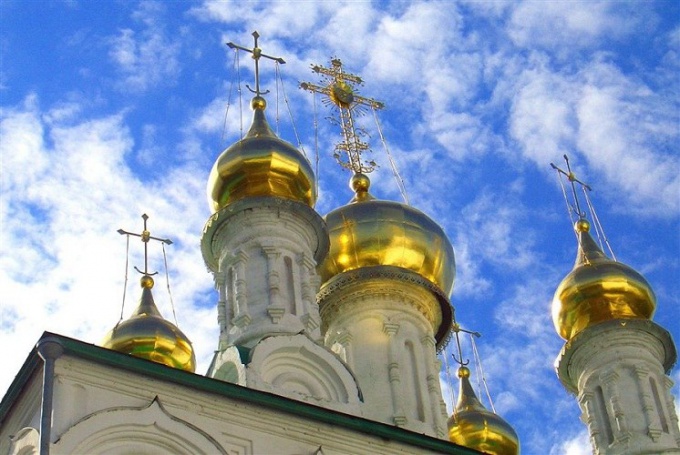What is the meaning of the prohibition to bathe
Religious holidays – those days that people need to serve God and their communion with the Church. Such a view is these days common to all world religions. Best of all, this to start the day with prayer, attend Church, confession or communion, to perform any other religious rituals related to a particular day. It's the right thing to do during the Holy day.
After you visited the service, and you can wash and do house cleaning, and perform other your case. The meaning of the prohibition is not to do not to wash or clean up anything at home in holiday, but to not replace fellowship with God in these days nothing else. First and foremost, religious Affairs, and secondly – the personal, the mundane.
However, holidays and Sundays were special, because not in vain it is considered that six days to work, and the seventh to give to God. Therefore it is better to devote their mercy, caring for others, studying God's Word and other good deeds. A good cleaning would be prudent to finish Saturday to Sunday to meet in a clean house.
If the person is in a holiday does not work, because it is impossible, and the Church is not – it is mere superstition and it's wrong.
Religious holidays when you need to wash
There are special days where washing and cleaning is included in Church rituals. For example, it is known to all Maundy Thursday, when we not only wash himself, but to clean the entire house, washed everything and watch the kids in the family have not forgotten to wash.
Another feast, which involves water treatment – Baptism. On this special day, people in Russia will plunge into the hole, and those who are not able to do this, you should at least take a shower at home under the shower.
When it is forbidden to bathe
Elijah's day is the time after which comes the "official" ban on swimming in natural bodies of water. Celebrate it on August 2. People say: "Saint Ilya was written."
After the second of August is usually installed changeable weather with cold nights and the water temperature ceases to be suitable for swimming.
Superstition
There are many superstitions associated with the various Orthodox holidays. For example, it is believed that the day of St. John do not use the knives, and is especially dangerous to cut any circular objects. They say that at Christmas you can not sew, this is a bad omen. And on Candlemas banned travel, especially long distance. Underneath the Annunciation are not encouraged the girls to plait your braids. The Church does not approve of these superstitions, believing them to be delusions.
